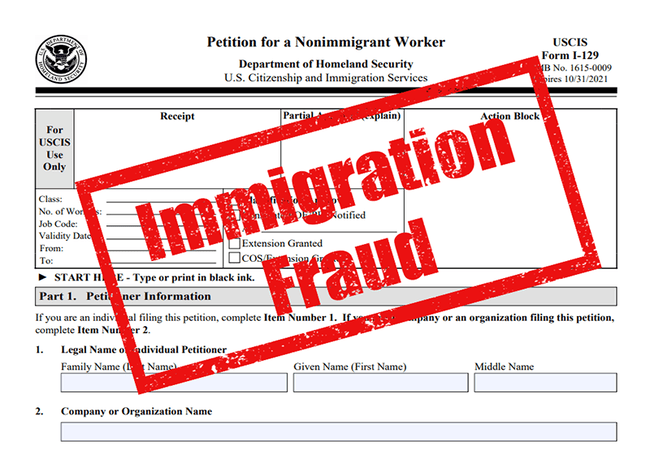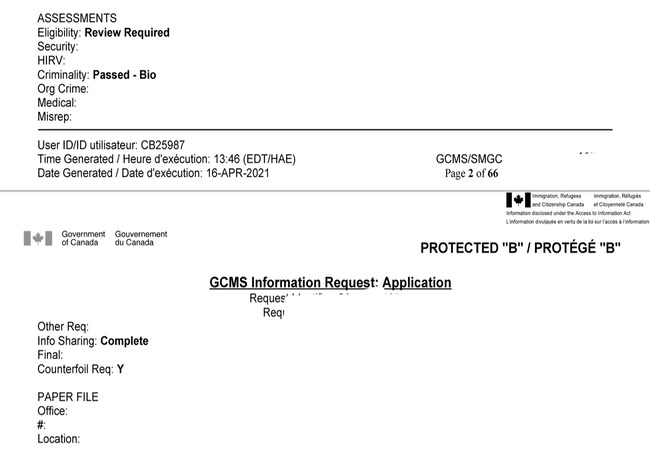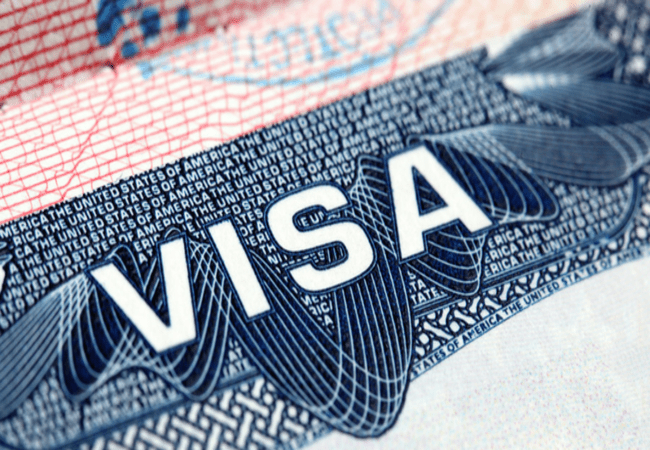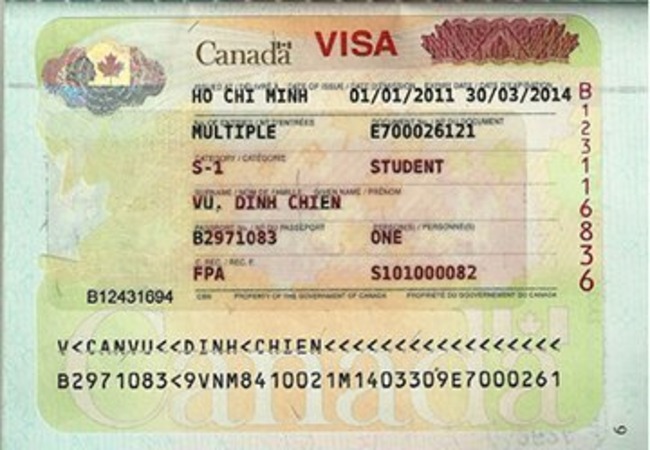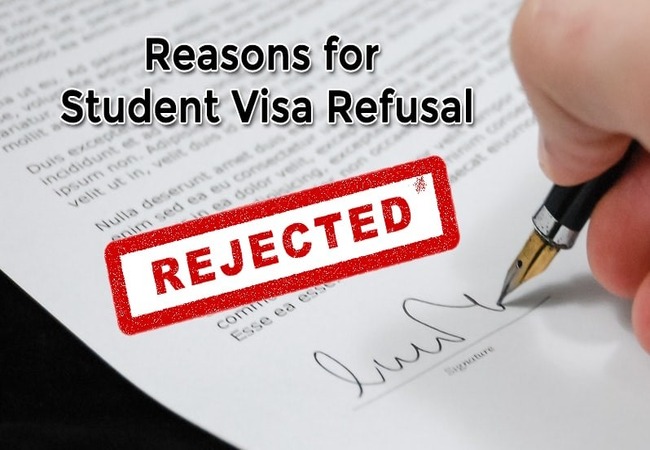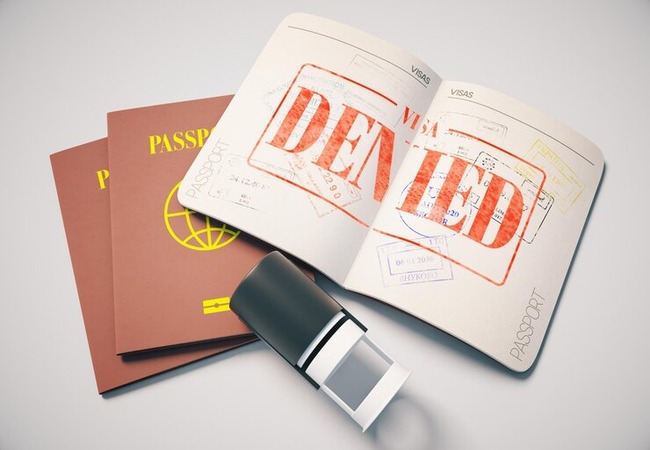Visa and Immigration Fraud – Causes and Prevention: Victims of Immigration fraud, one way or another, have a major setback in their lives with ever rising potential to experience it over and over. This is because of the increase in the need to relocate and the high interest in international vacations, which most times require people to invest a lot of their funds in it.
Without luck, falling into the hands of people with selfish desires to extort or scam you ends up causing a great loss or even a poor application.While some may resort to applying by themselves, they stand the risk of a refusal, especially if they do not understand the technicalities and requirements for an application, such refusal dents their travel history forever. Others who employ the services of a visa expert will also need to be aware of the authenticity of their agency and services. However, to leverage the opportunity of actively being involved in your visa application process, we recommend VISAINTEL. A digital visa service platform that connects you to certified travel experts around the world with the avenue to monitor the progress of your application
Immigration fraud isn’t just done by people from outside the country; it can also happen within the country, by applicants and people who falsely claim to be immigrants. Insidiously, this problem weakens immigration systems around the world and makes things very hard for immigration officials, whose job it is to protect the law. People who commit this kind of fraud often use a variety of dishonest methods to trick the system for their own benefit or to make illegal actions easier to do.
These dishonest actions, like making fake documents and giving false personal information, not only hurt the fairness and efficiency of the immigration process, but they also put national security and public trust at risk. It is important to understand the types and levels of fraud that are done by both applicants and fake immigrants in order to set up strong systems for protection and detection that will protect the rights of real applicants and immigrants and keep immigration systems honest.
To protect yourself financially and ensure the integrity of your immigration procedures, you need to be able to spot and avoid immigration scams. Here are some ways to spot popular immigration scams and stay away from them:
- Guaranteed Results:
Be cautious of services or individuals promising guaranteed results for your immigration application. Legitimate immigration processes are subject to various factors, and there are no assurances of success. Anyone claiming otherwise may be trying to exploit you.
- Lack of Transparency:
If a service fails to explain its process clearly or does not discuss your eligibility for immigration benefits before initiating any filings, it may not be trustworthy. Reliable services should be transparent about how they intend to assist you throughout the filing process.
- Unsolicited Contact:
Exercise caution if you receive unsolicited contact from unknown services or individuals via telephone or email. Official government communications regarding immigration matters typically come from email addresses ending in .gov. Additionally, avoid sending payments through services like PayPal or Western Union to unfamiliar parties.
- Fake Websites and Emails:
Beware of fake immigration websites and deceptive emails claiming to be from government officials. Scammers may impersonate government agencies and request payments or personal information. Verify the authenticity of websites and communications, and always cross-reference information with official government sources.
- Lottery Scams:
Exercise caution if you receive emails claiming that you’ve won the diversity visa lottery. The U.S. Department of State manages the diversity immigrant visa lottery, and winners are notified through the E-DV website, not via email. Be wary of any requests for payment or personal information related to lottery winnings.
- Targeted Scams:
Certain scams specifically target vulnerable groups, such as refugees, TPS recipients, students, and Afghan parolees. Be cautious of offers that seem too good to be true, such as promises of government grants or assistance with TPS re-registration for a fee. Verify the legitimacy of offers and seek assistance from accredited sources.
- Notario Scams:
In some Latin American countries, “notario publico” refers to a licensed attorney, but the role of a notary public in the United States is different. Avoid notary publics who claim to provide legal assistance equivalent to an attorney for immigration cases. Seek advice only from accredited attorneys or DOJ-approved organizations.
- Job Offers and Expedited Processing:
Exercise skepticism if you receive job offers from overseas companies via email, especially if you haven’t applied for the position. Avoid paying money to secure job offers, as legitimate employment in the United States requires appropriate visas, work permits, or green cards. Be cautious of services claiming to expedite immigration processes for additional payments.
Google Reviews.
Check out our happy customers' positive reviews on Google and discover why they are so delighted with our service.









By staying vigilant and recognizing the warning signs of immigration scams, you can protect yourself from financial harm and ensure that your immigration proceedings proceed smoothly and legitimately.
Causes of Visa and Immigration Fraud from Applicants:
Desire for Economic Opportunities: Many individuals seek to immigrate to countries with stronger economies in search of better job prospects, higher wages, and improved living standards. This desire for economic opportunities can lead some individuals to resort to fraudulent means to obtain visas or permanent residency.
Family Reunification: Family reunification is a common motivation for immigration. Individuals may attempt to fraudulently obtain visas or sponsorship for family members by misrepresenting their relationships or circumstances.
Asylum Seekers: In some cases, individuals may falsely claim persecution or fear of harm in their home countries to seek asylum in another country. While many asylum claims are legitimate, fraudulent claims can strain immigration systems and resources.
Human Trafficking and Smuggling: Criminal organizations engage in human trafficking and smuggling, exploiting vulnerable individuals by promising them safe passage to another country. These organizations often use fraudulent documents and schemes to facilitate illegal immigration.
Employment-Based Fraud: Some individuals may use fraudulent documents or misrepresentation to obtain employment-based visas or work permits. This can include falsifying job offers, educational credentials, or work experience.
Prevention of Visa and Immigration Fraud:
Solutions supported by Flydestinations to curb this issue
Enhanced Document Verification: Immigration authorities can implement advanced document verification technologies and procedures to detect fraudulent documents, including biometric identification, document scanning, and database checks.
Stringent Background Checks: Immigration authorities should conduct thorough background checks on applicants to verify their identity, criminal history, and immigration history. This includes verifying employment records, educational credentials, and financial documents.
Increased Oversight and Enforcement: Governments should allocate resources to enhance oversight and enforcement of immigration laws. This includes monitoring immigration service providers, conducting audits of visa applications, and investigating suspected cases of fraud.
Public Awareness Campaigns: Education and awareness campaigns can inform the public about the risks and consequences of visa and immigration fraud. This includes providing information about legitimate immigration channels, warning signs of fraud, and reporting mechanisms for suspicious activity.
Collaboration with International Partners: Cooperation between countries and international organizations is essential to combating visa and immigration fraud effectively. This includes sharing intelligence, coordinating investigations, and implementing joint enforcement efforts.
Legal Reforms: Governments can enact legislation and regulatory reforms to strengthen immigration laws, increase penalties for fraud, and streamline immigration processes. This can include introducing stricter eligibility criteria, imposing sanctions on fraudulent actors, and closing loopholes in immigration regulations.
By addressing the underlying causes of visa and immigration fraud and implementing robust prevention measures, governments can safeguard their immigration systems, protect national security, and ensure the integrity of their borders. Explore VisaIntel now or chat with Flydestinations here.
Get Started With Flydestinations.
Fill the form below to Book a Consultation session with us.


